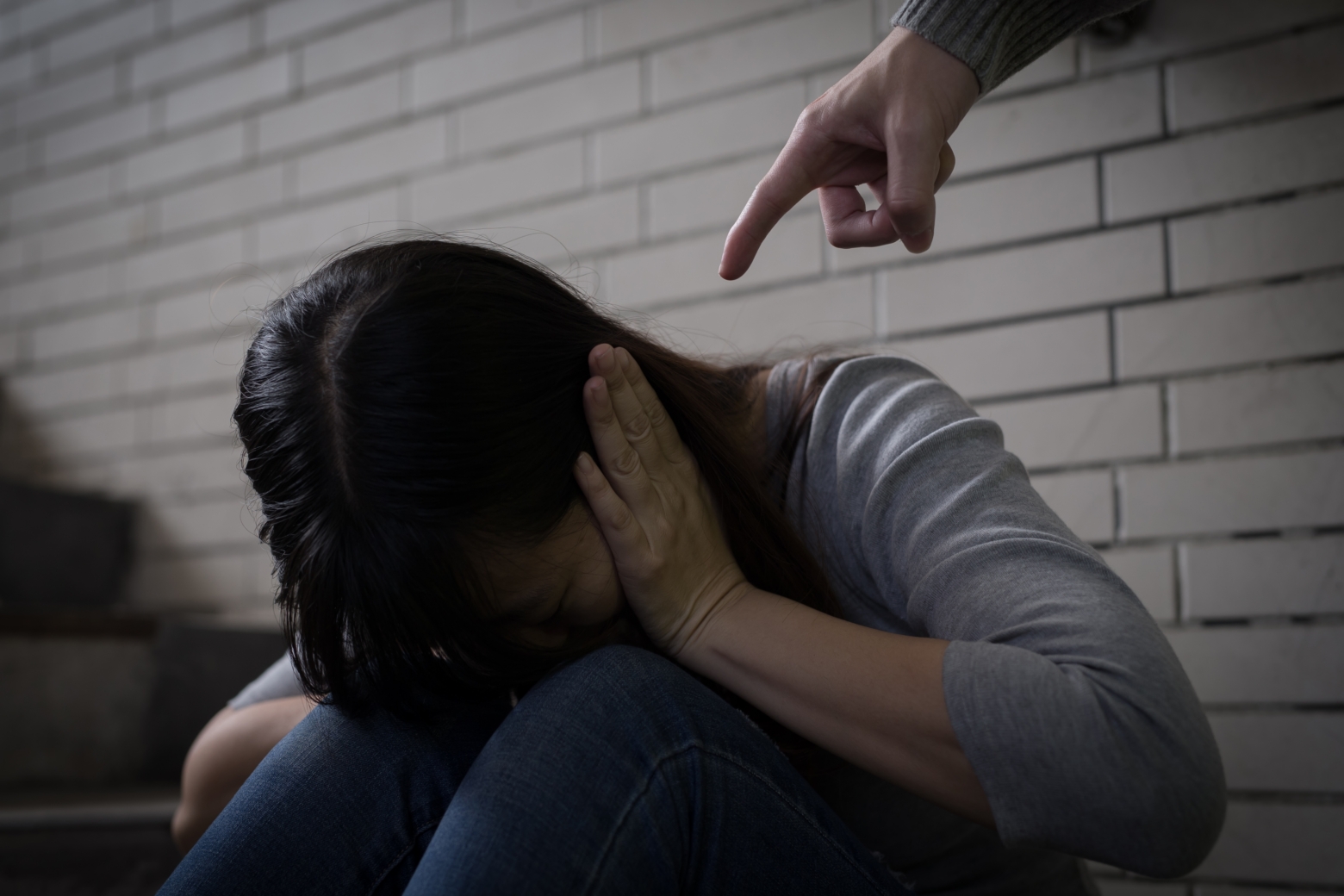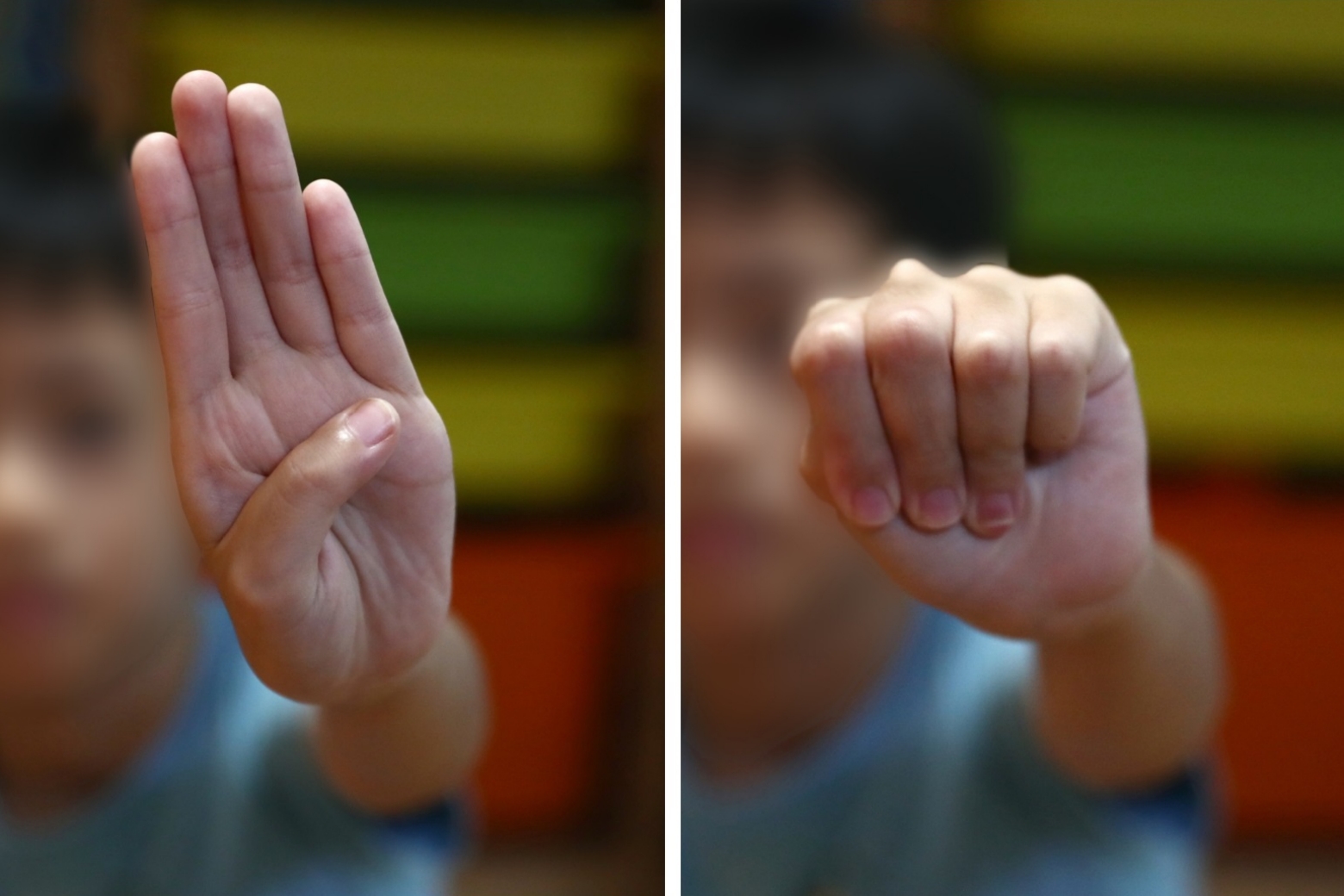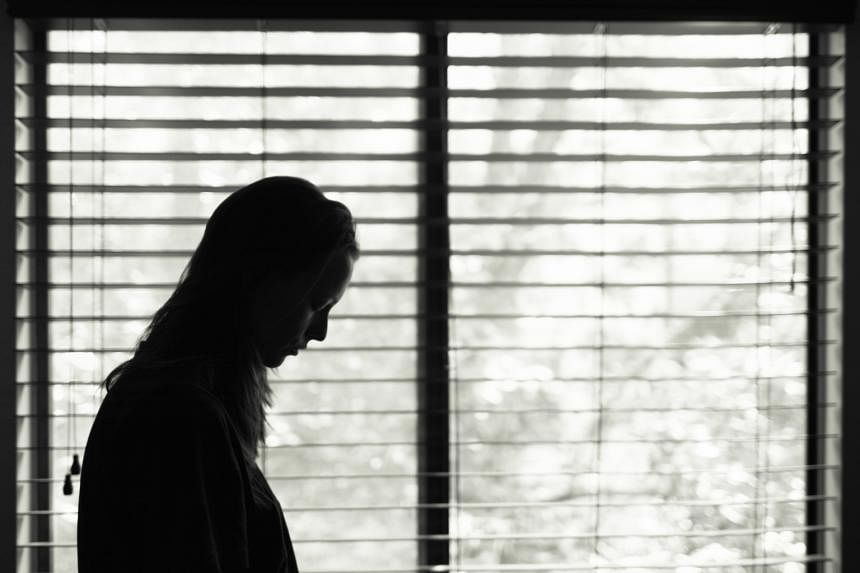The caller was distraught, helpless and fleeing in fear. She’d just escaped from her abuser, who was waiting outside her workplace.
On the other end of the call, hope. Ms Nurul Syahirah, 28, a social worker, soothed and assured the victim, staying on the line as she guided her to the safety of Casa Raudha.
There, the victim found relief and assurance. There, at Casa Raudha, she found a home away from an abusive home.
Such moments underscore the critical need for the support and protection that Casa Raudha and social workers like Ms Syahirah provide.
But it is more than a place for survivors of violence. “I’d always thought that domestic violence was only physical – like physically beating someone,” says Ms Jean Goh. The 57-year-old, a managing director at a local industrial supplies company, confesses that she had limited knowledge when she first started volunteering in Casa Raudha two years ago.
Ms Syahirah observes that many may not know what constitutes domestic violence: “It refers to patterns of violence, threatening or abusive behaviours which includes manipulation and control.”
Domestic violence can take many forms, including physical, sexual, emotional and psychological abuse, and neglect.
Casa Raudha, a shelter for women and children facing domestic violence, first opened its doors in 2008. In 2017, it expanded its services beyond shelter to include outreach and restoration.
With their contrasting styles – Ms Goh’s candour and enthusiasm, balanced by Ms Syahirah’s composure and calmness – the two women make a formidable combination in a team of 11 employees and 50 volunteers.
Ms Goh is a befriender at Casa Raudha, offering companionship and encouragement. Ms Syahirah helps residents open up, but also manages the practicalities – from understanding their legal rights to applying for financial aid.
Their shared mission: To protect survivors and prevent domestic violence by raising awareness.

Offering protection
Casa Raudha – which keeps its location confidential for the safety of its residents – provides more than just a roof; It is a safe haven with counselling and therapeutic interventions like art therapy and gardening.
Casa Raudha can house 70 residents, primarily women between the ages of 21 and 60 from all races and their children, seeking safety from husbands or fathers. Referrals to the shelter come from social service agencies, family service centres, the police, hospitals, courts and other community partners.
Within its walls, survivors can process their trauma, engage in healing, and chart a path towards empowerment, says Ms Syahirah.
A typical stay at Casa Raudha lasts about three months.
During their stay, Casa Raudha equips residents with the knowledge and skills they need to break the cycle of violence, improve their financial literacy, and, for those who have children, strengthen their parenting skills. These tools can empower them to rebuild their lives with greater confidence.
Here, confidence is about reclaiming your sense of self – rediscovering who you are and what you value, separate from the abuse, say Ms Syahirah and Ms Goh.
This recovery journey often begins with shedding layers of guilt and self-doubt. Ms Goh, who interacts with the elderly residents, observes that some of them blame themselves for being abused: “They start to look into what they could have done and what their fault was.”
It is one of the biggest hurdles in their road to recovery, especially among those who faced elder abuse, says Ms Syahirah.
“Many of them feel a sense of guilt and shame in seeking help. They are also concerned about reporting the abuse from their adult children to the authorities due to genuine concern for their child’s future and potential repercussions that could unfold for them.
“These emotions and fears can lead them to either minimise or deny the severity of abuse.”
In such situations, as a volunteer, Ms Goh can only show empathy and encourage them to remain positive – without passing any judgement or pushing them to make decisions, she says. She often suggests new hobbies as a way for residents to explore their interests and rediscover themselves.
“You need to let them reflect on the relationship,” she says. “They have to come to the conclusion themselves, because they are the ones who have to live with them or leave them.”
This is where equipping survivors with the knowledge of their legal rights and the resources available to them can also help empower them to make informed decisions on what’s right for their safety, adds Ms Syahirah. Casa Raudha has lawyers who can provide legal advice to the beneficiaries.
Confidence is also about feeling safe. A key part of supporting residents in rebuilding their lives is through creating safety plans and identifying trusted people that they can turn to when they move out of the shelter. The plans include “what they can do when they are outside the shelter and are spotted by the abuser”, says Ms Syahirah.
Beyond protection, prevention
Casa Raudha’s mission extends beyond protection. The non-profit organisation is also actively working to raise awareness of domestic violence to help prevent it.
Its efforts include:
-
Educational workshops and training sessions for the frontline community, including in schools, grassroots organisations and religious organisations. The key is to educate them about domestic violence – how they can identify signs and symptoms of it, and how they can support effectively or even report any incidents, says Ms Syahirah.
-
Symposiums that dive deeper into certain forms of abuse for relevant professionals. For example, it recently conducted one focused on child abuse and what the community can do to create a safe space for children. Educators who work with the young, such as pre-school teachers, were taught how they can better support children who may be experiencing abuse.
- Dialogue sessions with those who have caused hurt to their loved ones and want to move forward without violence.
Come June, Casa Raudha will also be opening a community counselling centre in Upper Changi Road, offering services such as trauma-informed counselling, marital counselling, support groups and educational workshops.
Break the Silence
Break the Silence is an ongoing campaign by the Ministry of Social and Family Development that aims to raise public awareness of domestic violence.
The campaign’s logo is the Signal for Help gesture – a non-verbal cue that victims can discreetly use to get help.

You can do your part to help detect and report domestic violence. Find out what to do if you spot the signal: go.gov.sg/iwitnessedabuse
In partnership with the Ministry of Social and Family Development

